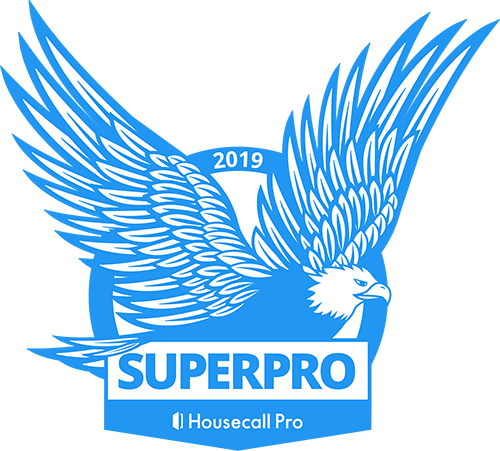Selecting the right heating, ventilation, and air conditioning (HVAC) system is a critical decision for property owners. A well-matched and appropriately sized system can greatly enhance the comfort, energy efficiency, and long-term sustainability of your residential, light commercial, multi-family, commercial, mechanical, or rural property. With various HVAC options available in the market, it is essential to understand the key factors and considerations that can guide you in choosing the best-suited system for your specific needs and preferences.
Continue reading as we simplify the complex process of choosing the right HVAC system, helping you make an educated choice that contributes to a comfortable, energy-efficient, and sustainable property for years to come.
Understanding Different Types of HVAC Systems
Before diving into the factors that can guide your decision, it’s crucial to be familiar with the primary types of HVAC systems available. Each system offers unique benefits and applications, depending on your property’s design and demands.
- Central HVAC: Central HVAC systems distribute warm or cool air throughout the property using a network of ducts and vents, which are the most common type of HVAC system found in properties. They offer consistent temperature control and can accommodate larger spaces, making them ideal for residential and light commercial properties. However, central HVAC systems may consume more energy due to ductwork inefficiencies and potential air leaks.
- Ductless HVAC: Ductless HVAC systems, also known as mini-split systems, use an outdoor unit connected to multiple indoor air handlers to deliver heating or cooling directly to each room. Ideal for properties without existing ductwork or for supplementing an existing system, ductless HVAC systems offer increased energy efficiency, individual temperature control, and flexibility in installation. Their downside is they may not be suitable for large-scale properties.
- Mini-Split HVAC: Mini-Split HVAC systems are similar to ductless systems but involve a single indoor unit connected to an outdoor compressor. They are best suited for small spaces, such as additions or small apartments, where a full-sized central or ductless system is not necessary.
Considering Property Size and Climate
Two key factors to consider when selecting an HVAC system are your property’s size and the climate in which it’s located.
Property Size: Accurate sizing of your HVAC system is essential to ensure maximum efficiency and consistent temperature control. Under-sizing the system can result in inadequate heating or cooling while over-sizing can lead to higher energy consumption and unnecessary wear on the system. Consult with our professionals to determine the correct size and type of HVAC system for your property.
Climate: The climate in your region is another critical consideration, as different systems may be more suitable depending on the weather conditions. For instance, heat pumps may not be as effective in extreme cold climates, and a furnace may be a more suitable choice in such cases. Similarly, a two-stage or variable-speed air conditioner may be more appropriate in hot and humid regions to ensure effective temperature and humidity control.
Focusing on Heating and Cooling Efficiency
The efficiency of an HVAC system is a fundamental aspect to consider, as a higher efficiency system can contribute to greater energy savings and reduced environmental impact. Look for systems with high SEER (Seasonal Energy Efficiency Ratio) or AFUE (Annual Fuel Utilization Efficiency) ratings, which are designed to consume less energy while maintaining optimal performance.
Maintenance Requirements and Budget
An HVAC system with lower maintenance requirements is ideal for property owners seeking hassle-free upkeep. While all systems need standard care, such as filter replacements and annual inspections, certain types may demand additional attention, such as the cleaning and sealing of ductwork in central HVAC systems.
Finally, your budget constraints need to be considered, as various HVAC system options come with varying upfront and long-term costs. While a high-efficiency system might have a higher upfront expense, it can lead to long-term energy savings. Conversely, a more affordable initial investment may result in higher energy bills and maintenance costs. Our technicians can assist in guiding you toward the most economical and efficient choice for your particular situation.
Conclusion
Selecting the right HVAC system for your property can be a complex and overwhelming process. By understanding the different types of systems, considering factors such as property size, climate, efficiency, maintenance requirements, and budget, you can make a more informed and confident decision in choosing the best-suited system for your property.
At Affordable Air McCallum LLC, our team of skilled professionals is here to guide you through the process of selecting, planning, and designing the ideal HVAC system for your residential, light commercial, multi-family, commercial, mechanical, or rural property. We ensure that our expertise in indoor air quality, ductwork, and HVAC services in Heber Springs can help create the perfect climate and energy-efficient environment for you and your property occupants. Count on us to deliver unmatched HVAC solutions tailored to your unique needs and preferences, and enjoy the ultimate comfort and peace of mind in your property. Get in touch with us today.


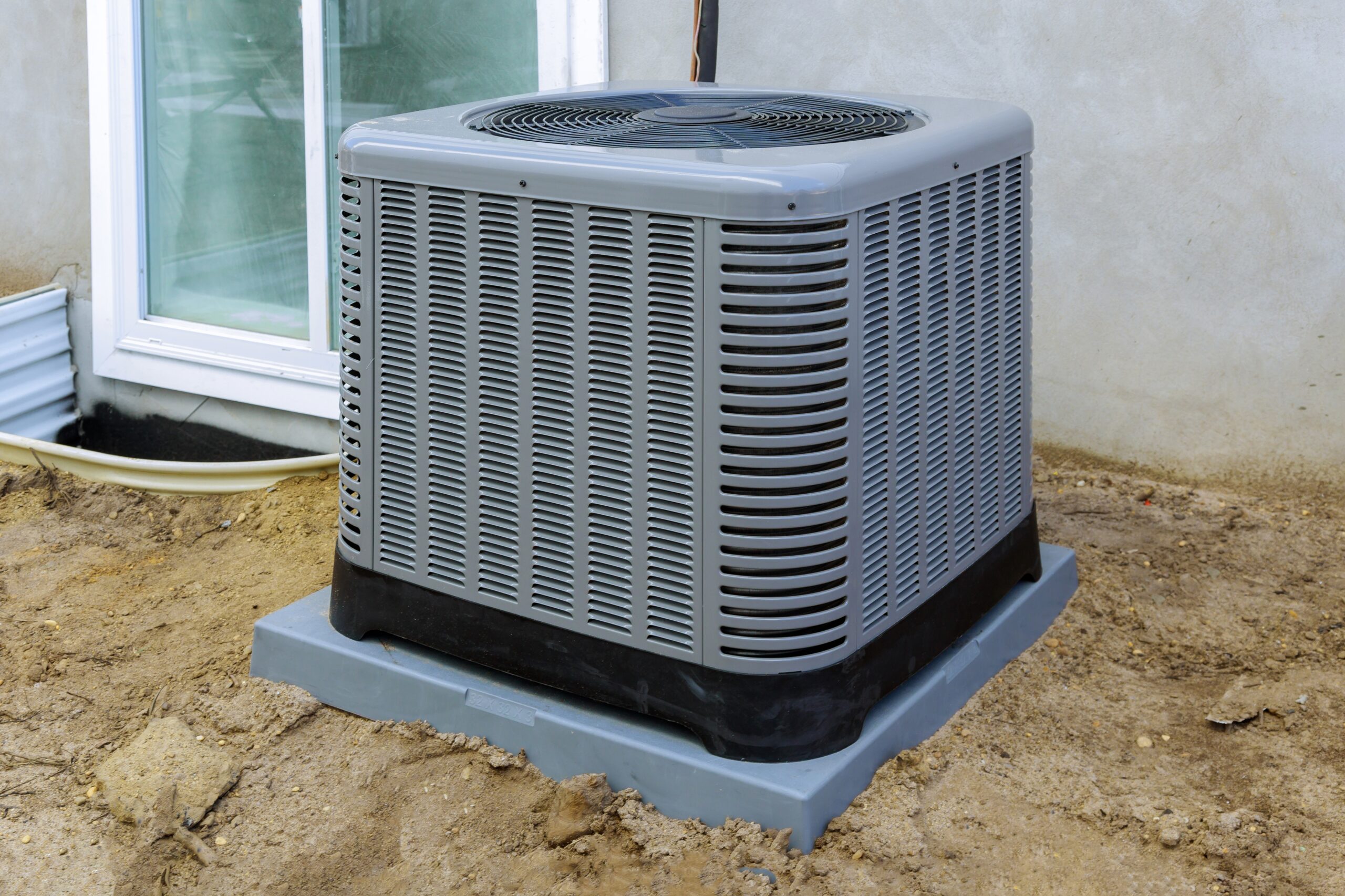
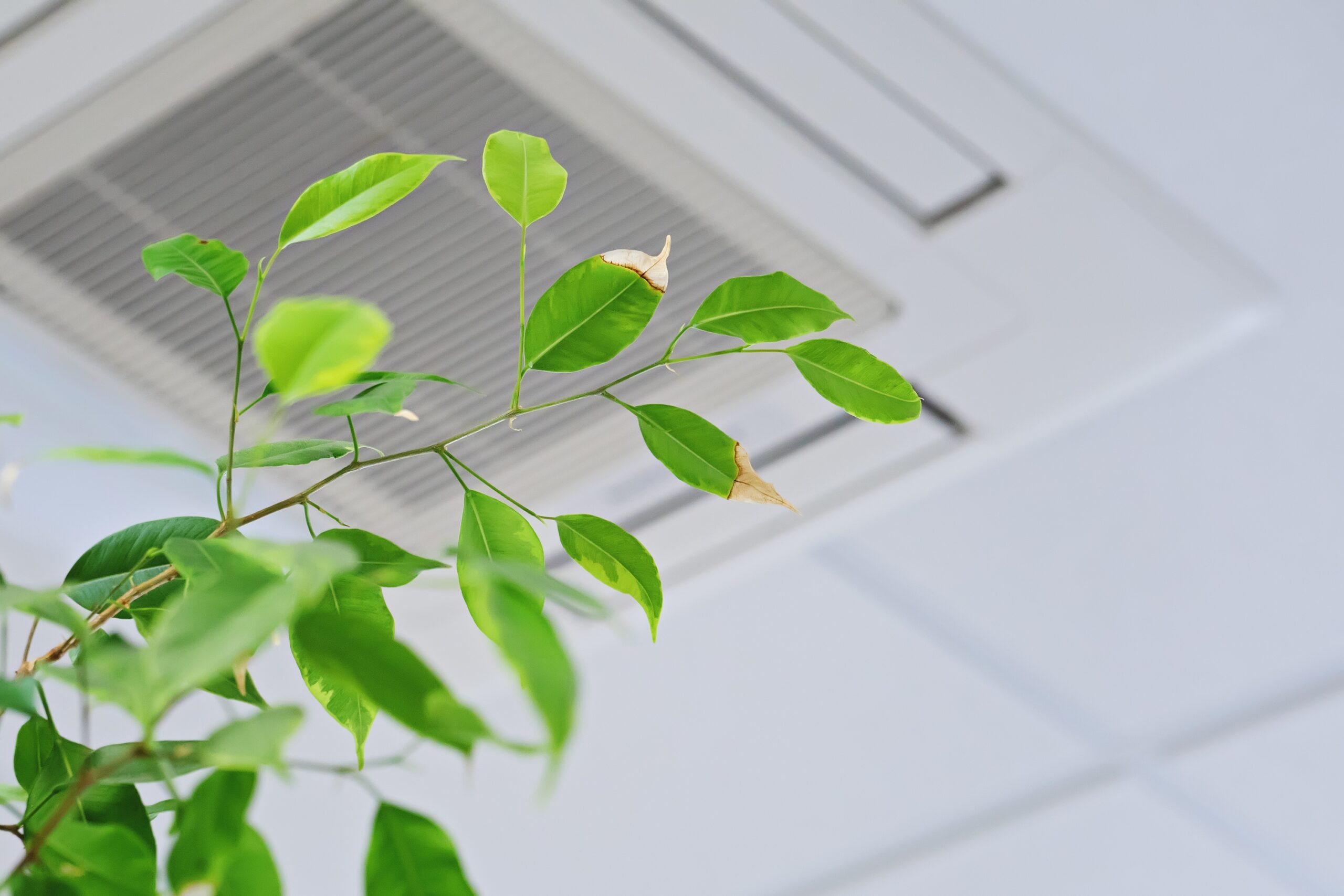
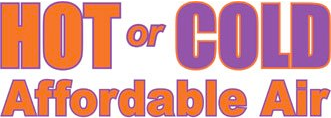
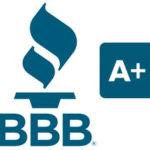

 100% Guarantee. If you aren't happy, we will keep coming back until you are.
100% Guarantee. If you aren't happy, we will keep coming back until you are.

